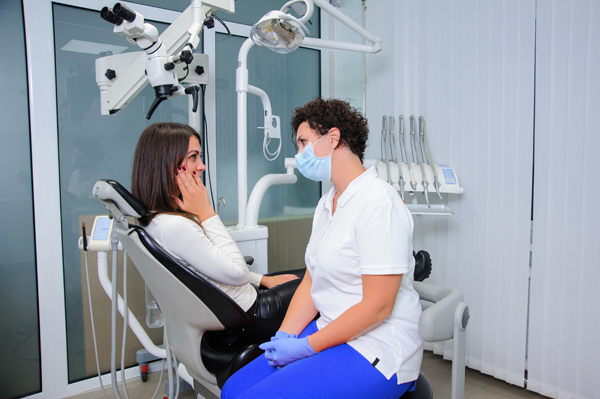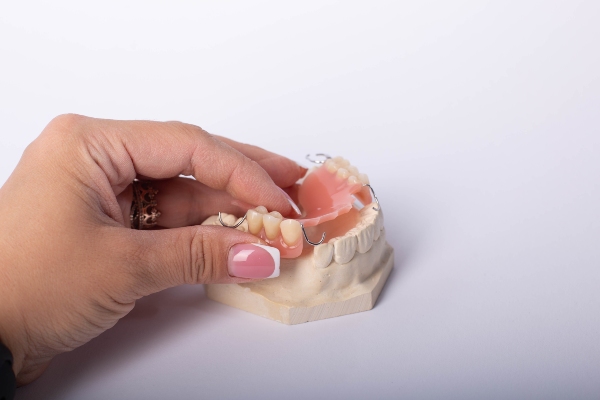 We've got a throwback for you from the Sammamish Dental Center archives! Here is an article copied straight from our first issue of "Dental Health News," a print newsletter formerly published by Dr. Goharkhay before web blogs were around.
We've got a throwback for you from the Sammamish Dental Center archives! Here is an article copied straight from our first issue of "Dental Health News," a print newsletter formerly published by Dr. Goharkhay before web blogs were around.
The information presented here may predate the most current research on dental health and should be taken as an entertaining insight to the history of SDC and of dentistry.
Let us know what you think of our old newsletter, and what topics you'd be interested in reading about in the future! As always, if there's anything you have questions about or if you need further information, please do not hesitate to give us a call.
Wise Up on Wisdom Teeth
Contributing to the list of things that most of us have, but aren't quite sure why, are tonsils, an appendix, and wisdom teeth. Unlike tonsils and our appendix however, wisdom teeth tend to be removed whether or not we're experiencing problems with them. Why is that?
First of all, we should understand that it is possible for wisdom teeth to erupt into the mouth in the correct position and function as a valuable asset, or even remain un-erupted and cause no problems. However, this is not usually the case. In many cases a regular x-ray is the only way to identify a problem with impacted teeth, even if you're not feeling any pain or experiencing any problems.
A tooth becomes impacted due to lack of space in the dental arch, and its eruption is therefore prevented by gum, bone, another tooth, or all three. Through evolution, our jaws have become smaller and most of us simply don't have the room for these “third molars” any more. In addition, better dental care means that we are not losing teeth to decay any more, and our modern day diet ensures that our teeth don't wear down as much.
In other words, not only do we not have room for these teeth anymore, they are simply not necessary and as such when they try to squeeze into our mouths and become impacted, it usually means trouble – gum infections, pain, possible cyst formation and damage to nearby teeth – at some point down the road. Because of this, many specialists recommend that wisdom teeth be removed between the ages of 14 and 22 – whether or not they are causing problems at the time. The younger you are when you have your wisdom teeth removed, the less likely it is that there will be complications with the procedure.
If you still have your wisdom teeth, ask us about their health and positioning. It's wise to be informed of any possible problems sooner rather than later.
Related Posts
A dental bridge is a restorative option designed to replace missing teeth, improving function and appearance. Among the various types, a cantilever dental bridge is often chosen when only one supporting tooth is available on one side of the gap. Understanding the pros and cons of cantilever dental bridges helps patients determine if this solution…
You can have a complete smile with a dental bridge. Tooth loss interrupts proper eating and speaking. This dental replacement option allows the wearer to regain proper oral function. Knowing how a dental bridge can bring back your oral functionality can motivate you to set an appointment with your dentist soon.It can be challenging to…
A dental bridge is an effective solution for replacing missing teeth and restoring function and appearance. When considering a dental bridge, patients often encounter two main options: traditional and Maryland bridges. Understanding the differences between these types can help patients make an informed decision tailored to their specific dental needs and preferences.A traditional dental bridge…


